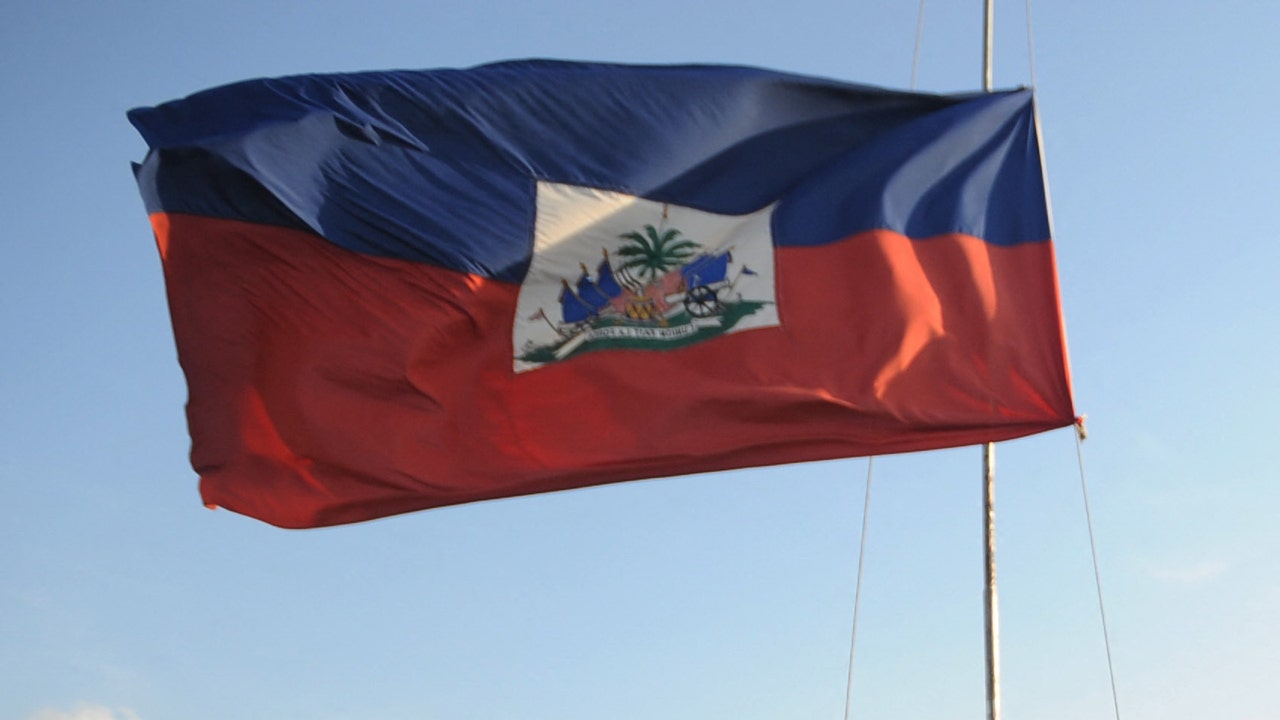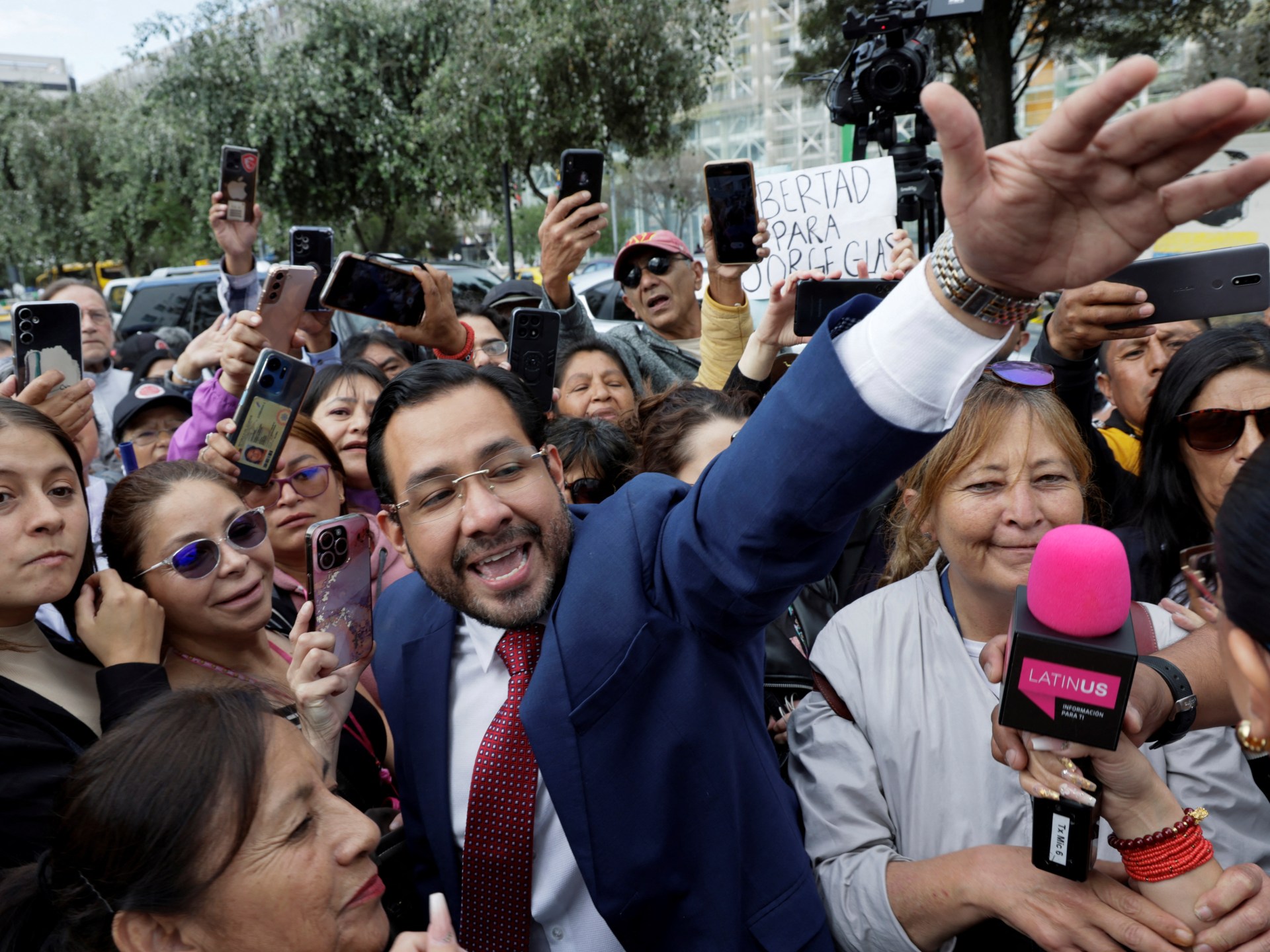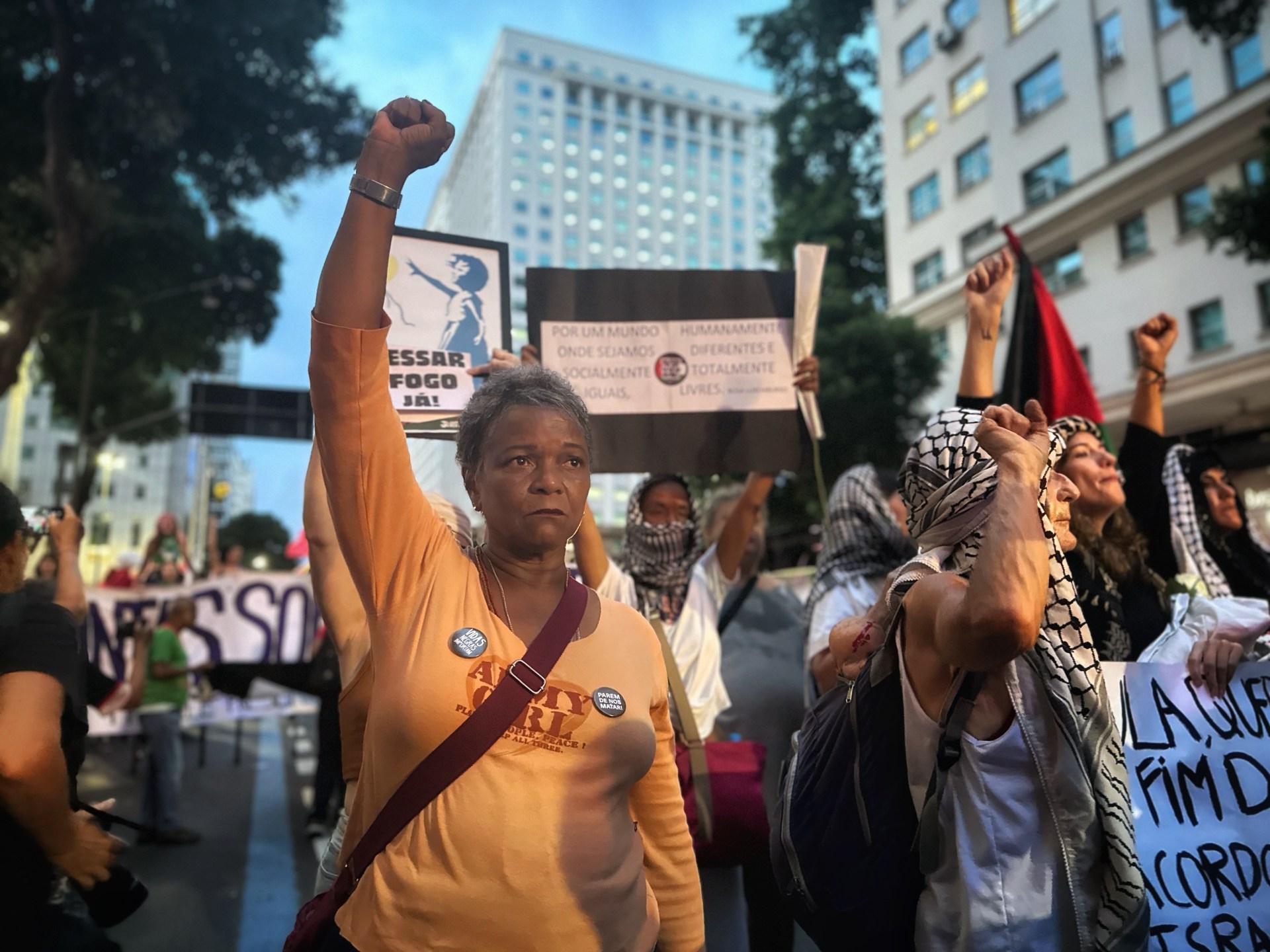World
Brussels, My Love? EU & Latin American leaders gather in Brussels

In this edition of Brussels, My Love?, we break down the EU-CELAC summit that saw 60 leaders from the two continents gather in Brussels. The forum focused on trade, Ukraine and rejuvenating relations after an eight-year hiatus.
This week we were joined by Marc Botenga, Belgian MEP with The Left group, Michiel Hoogeveen, Dutch MEP with the European Conservatives and Reformists and Shada Islam, commentator and founder of New Horizons Project.
Panelists dived into the big Brussels story of the week which was the mammoth meeting between with Latin American and Caribbean states and the European Union. Known as the EU-CELAC summit, it was the third of its kind after an eight-year pause.
For the Dutch MEP Michiel Hoogeveen, the summit was an opportunity to talk shop.
“We need to talk about trade. We need to talk about gaining influence in the region,” he told the panel.
However, Shada Islam saw the gathering as a chance to amend centuries of distrust between Europe and Latin America.
“I think it’s very important that we do go to the past. And I think the statement that came out moves on the regrets,” she said. “It wasn’t an apology, but it was a recognition of the damage, the devastation caused by colonialism.”
Hoogeveen said the past should be left in the past. “We need to look forward,” he said. “They (CELAC countries) also want to look forward. They want economic growth. They want to be part of the global trade community.”
But what does this global community look like? For Belgian MEP Marc Botenga, the EU needs to ask itself this question.
“What many Latin American countries here during the summit have highlighted is the importance of going towards a multi-polar world, saying we do not want a world that’s divided in blocs,” he said. “We want different poles that work together and they come together through mutually beneficial trade relations. And the European Union should listen to that.”
Panelists also discussed the EU’s recent deal with Tunisia under which the EU will spend €700 million of which €105 million are earmarked for migration management.
Watch ‘Brussels, My Love?’ in the player above for more.

World
13 killed as heavy rains unleash landslide in Haiti

At least 13 people died in northern Haiti following two days of heavy rains, officials said.
The majority of the deaths were caused by a landslide in the southeastern region of the coastal city of Cap-Haitien, according to a Thursday statement by Haiti’s Civil Protection Agency.
GANGS IN HAITI LAUNCH FRESH ATTACKS, DAYS AFTER A NEW PRIME MINISTER IS ANNOUNCED
More than 2,200 homes also were flooded, and there were significant losses in livestock swept away by the Haut-Cap river, authorities said.
Officials say at least 13 people died in northern Haiti following two days of heavy rains. (Photo by THONY BELIZAIRE/AFP via Getty Images)
Crews were clearing roads across northern Haiti, with additional rain expected in upcoming days.
Heavy rains also were reported in neighboring Puerto Rico, forcing at least a dozen flights scheduled to land in the capital of San Juan to reroute to the Dominican Republic and elsewhere, officials said Friday.
Widespread flooding also was reported in the U.S. territory.
World
‘It’s going to be worse’: Brazil braces for more pain amid record flooding

The death toll has climbed to 56 in Brazil’s southern Rio Grande do Sul state, with tens of thousands displaced.
Overpowering floods and mudslides caused by torrential rains are continuing to sweep southern Brazil, killing at least 56 people and forcing tens of thousands out of their homes, the government said.
As well as raising the death toll on Saturday, the country’s civil defence agency said rising water levels in the state of Rio Grande do Sul were straining dams and threatening the metropolis of Porto Alegre.
Triggered by storms that began on Monday, the flooding is only expected to get worse, local authorities said, as rescuers scoured the ruins of washed-out homes, bridges, and roads for missing people.
“Forget everything you’ve seen, it’s going to be much worse in the metropolitan region,” Governor Eduardo Leite said on Friday as the state’s streets were submerged.
‘Nothing could be saved’
The flooding, Brazil’s worst in 80 years, has so far affected at least 265 municipalities in Rio Grande do Sul, according to the southernmost state’s civil defence department.
It has injured at least 74 people, displaced more than 24,000, and left 350,000 with some form of property damage.
“Nothing could be saved,” said Claudio Almiro, who lost his home and possessions to the flooding.
“Many people have even lost their lives. I raise my hand to heaven and thank God that I’m alive.”
Residents in several cities and towns have been left completely cut off from the world, with no electricity or telephone access, while others have been forced to abandon their livestock.
“You don’t know if the water will continue to rise or what will happen to the animals, they may soon drown,” said Raul Metzel, from Capela de Santana, north of the state’s capital.
Five days in, as the rainfall shows no signs of letting up, four of the state’s dams are at risk of collapsing, creating the risk of a new “emergency situation”, according to civil defence officials.
Brazil’s federal government has sent aircraft, boats and more than 600 soldiers to help clear roads, distribute food, water and mattresses, and set up shelters, while local volunteers have also helped with search efforts.

‘Disastrous cocktail’
Climatologist Francisco Eliseu Aquino said the devastating storms were the result of a “disastrous cocktail” of global warming and the El Nino weather phenomenon.
South America’s largest country has recently experienced a string of extreme weather events, including a cyclone in September that killed at least 31 people.
Aquino said the region’s particular geography meant it was often confronted by the effects of tropical and polar air masses colliding – but these events have “intensified due to climate change”.
And when they coincide with El Nino, a periodic warming of the waters in the tropical Pacific, the atmosphere becomes more unstable, he said.
World
'Show solidarity': Pro-Palestinian protesters camp across Australian universities

-

 News1 week ago
News1 week agoLarry Webb’s deathbed confession solves 2000 cold case murder of Susan and Natasha Carter, 10, whose remains were found hours after he died
-

 News1 week ago
News1 week agoFirst cargo ship passes through new channel since Baltimore bridge collapse
-

 World1 week ago
World1 week agoHaiti Prime Minister Ariel Henry resigns, transitional council takes power
-

 World1 week ago
World1 week agoSpanish PM Pedro Sanchez suspends public duties to 'reflect'
-

 World1 week ago
World1 week agoUS secretly sent long-range ATACMS weapons to Ukraine
-

 News1 week ago
News1 week agoAmerican Airlines passenger alleges discrimination over use of first-class restroom
-

 Movie Reviews1 week ago
Movie Reviews1 week agoHumane (2024) – Movie Review
-

 Education1 week ago
Education1 week agoVideo: Johnson Condemns Pro-Palestinian Protests at Columbia University














